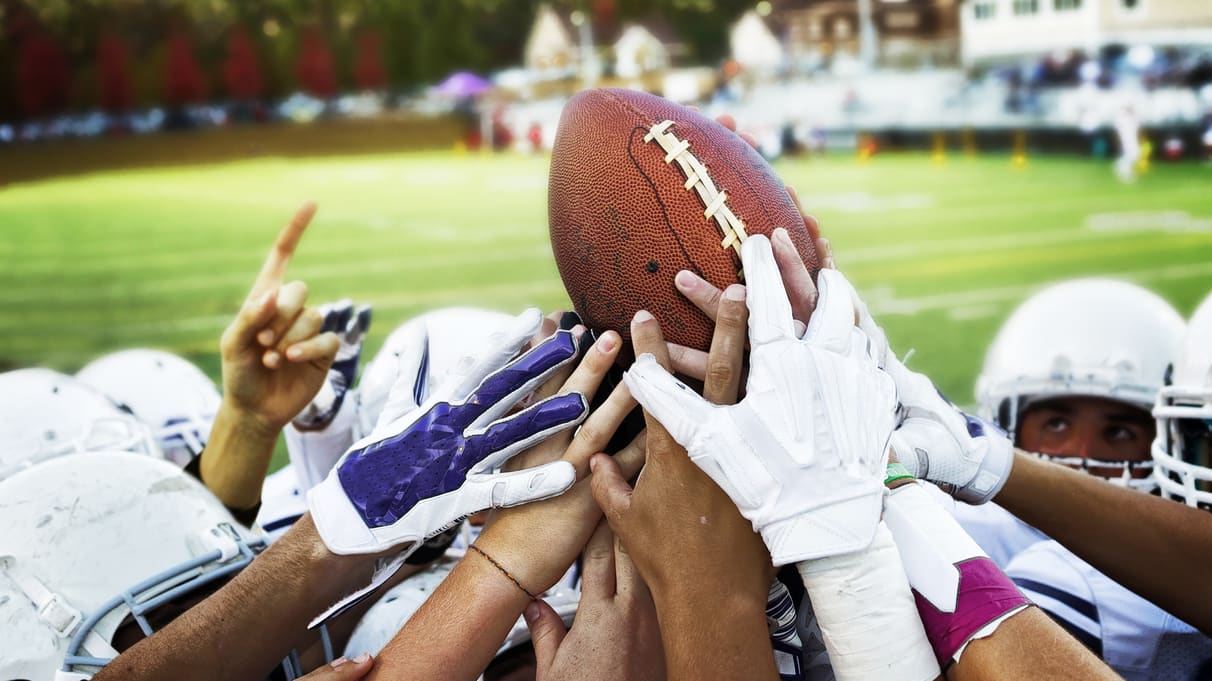Colleges and some coaches earn millions of dollars from major college sports, but student-athletes don't even make minimum wage because they aren't employees, at least not according to the National Collegiate Athletic Association (NCAA). However, college athletes eventually may be compensated following a Dec. 5 letter from NCAA President Charlie Baker to Division I member schools, proposing reforms to enhance student-athletes' financial opportunities. Meanwhile, courts and the National Labor Relations Board (NLRB) are addressing student-athletes' claims that they are employees who can unionize. We've gathered articles on the news from SHRM Online and other media outlets.
Proposed Overhaul
Under the proposed overhaul, Division I schools could enter name, image and likeness (NIL) agreements with their own athletes and proposed a subdivision for schools with the resources to pay. He outlined an environment in which athletes in this subdivision would be required to be compensated at least $30,000 per year through a trust.
Pending decisions about granting athletes employee status and back pay for NIL, as well as Dartmouth College basketball's ongoing effort to unionize, may reshape the college sports landscape before action can be taken on Baker's initiative.
In June 2021, the NCAA implemented an interim policy on NIL, allowing student-athletes to make money from their personal brand.
(The Wall Street Journal and NCSA Sports)
Are College Athletes Employees?
In one case before the 3rd U.S. Circuit Court of Appeals, six former college athletes are arguing that the NCAA is the joint employer of athletes under the Fair Labor Standards Act. They say they should be paid for time spent in practice and competition. The students assert that they are no different from a student ticket-taker or a student library worker.
The NCAA has maintained in the lawsuit that college athletes aren't employees but amateurs, saying U.S. Department of Labor guidelines don't allow for college athletes to be employees. Justice Brett Kavanaugh has signaled the U.S. Supreme Court is interested in hearing cases about college athlete compensation in a 2021 concurring opinion in an antitrust case the NCAA lost 9-0.
There are worries about how schools can afford to pay at least the hourly federal minimum wage. There also is concern from the NCAA about what happens when athletes are "fired," in addition to the tax implications on athletes and schools.
Unionization Implications
NLRB General Counsel Jennifer Abruzzo issued a memo in 2021, stating that student-athletes should be classified as employees and gain the statutory rights of employees, including the right to unionize and receive workers' compensation for work-related injuries.
At Dartmouth, the Service Employees International Union has filed a petition with the NLRB seeking to represent students on Dartmouth's men's basketball team. Dartmouth College lawyers have argued in an NLRB hearing that the basketball players should not be considered employees.
(SHRM Online, CBS Sports and AP)
Sports Leaders Urge Action by Congress
College sports leaders, including Baker, have been asking lawmakers in Washington, D.C., for a federal law that will create a national standard for NIL compensation, exempt athletes from gaining employee status and, more broadly, allow the NCAA to govern college sports without the threat of constant legal and political challenges.
Baylor University President Linda Livingstone in Waco, Texas, said college sports leaders need to show lawmakers they have a plan to direct more of the billions of dollars that flow into major college athletics, mostly to football and basketball programs, to athletes. "If Congress sees us saying, 'Hey, we want to benefit them more financially, but we believe keeping them from being employees helps us to support them in different ways and maybe better ways,' I think we might be able to get some of that protection that probably we won't get otherwise," Livingstone said.
(AP)
An organization run by AI is not a futuristic concept. Such technology is already a part of many workplaces and will continue to shape the labor market and HR. Here's how employers and employees can successfully manage generative AI and other AI-powered systems.




